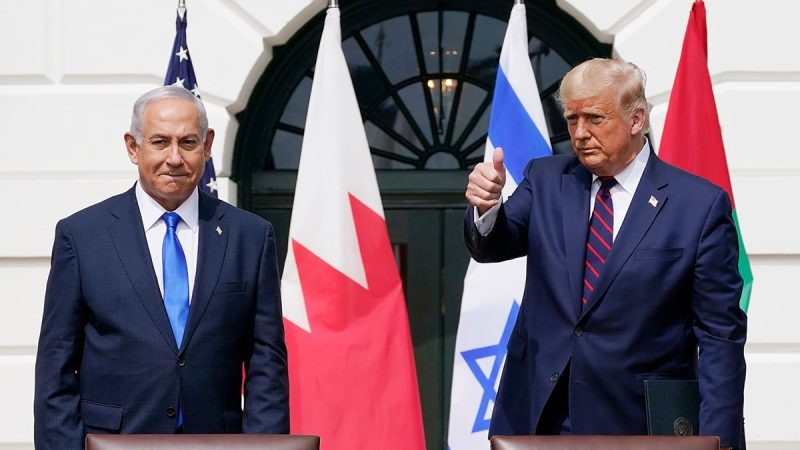In a divisive political landscape where public perception often influences legal proceedings, the cases involving both Israeli Prime Minister Benjamin Netanyahu and former U.S. President Donald Trump have drawn significant attention for their perceived politicization. Legal experts have pointed out similarities in their situations, raising concerns about the impartiality of the legal process and the potential impact on the democratic fabric of their respective nations.
One of the key issues highlighted in these cases is the role of the media in shaping public opinion. Both Netanyahu and Trump have faced extensive media coverage that has exacerbated the politicization of their legal troubles. The constant scrutiny and sensationalized reporting have fueled public distrust and partisan divisions, making it challenging for a fair and impartial trial to take place.
Another similarity between the two cases is the timing of the legal actions. Netanyahu and Trump were both subjected to investigations and prosecutions during their time in office, leading to accusations of political motivations behind the legal actions. The timing of the legal proceedings has raised suspicions of selective prosecution and attempts to undermine their leadership.
Furthermore, concerns have been raised about the impartiality of the prosecutors and judicial system handling these cases. Critics argue that the prosecutors may be influenced by political considerations or external pressures, leading to biased investigations and unfair treatment of the defendants. The lack of transparency in the legal process has only deepened suspicions of a politically motivated witch hunt against those in power.
Moreover, the legal complexities and nuances of the cases involving Netanyahu and Trump have created a highly polarized debate among legal experts and the public. The interpretation of laws and evidence has been heavily influenced by partisan beliefs and ideologies, further muddying the waters of justice and impartiality. The legal battles have become battlegrounds for political agendas, with each side using the law as a tool to advance their own interests.
In light of these challenges, it is essential for the legal systems in Israel and the United States to uphold the principles of justice, fairness, and independence. The integrity of the legal process and the protection of the rule of law are paramount in ensuring that legal actions are not weaponized for political purposes. Upholding the principles of due process, impartiality, and transparency is crucial in restoring public trust in the legal system and safeguarding democracy from undue political interference.

